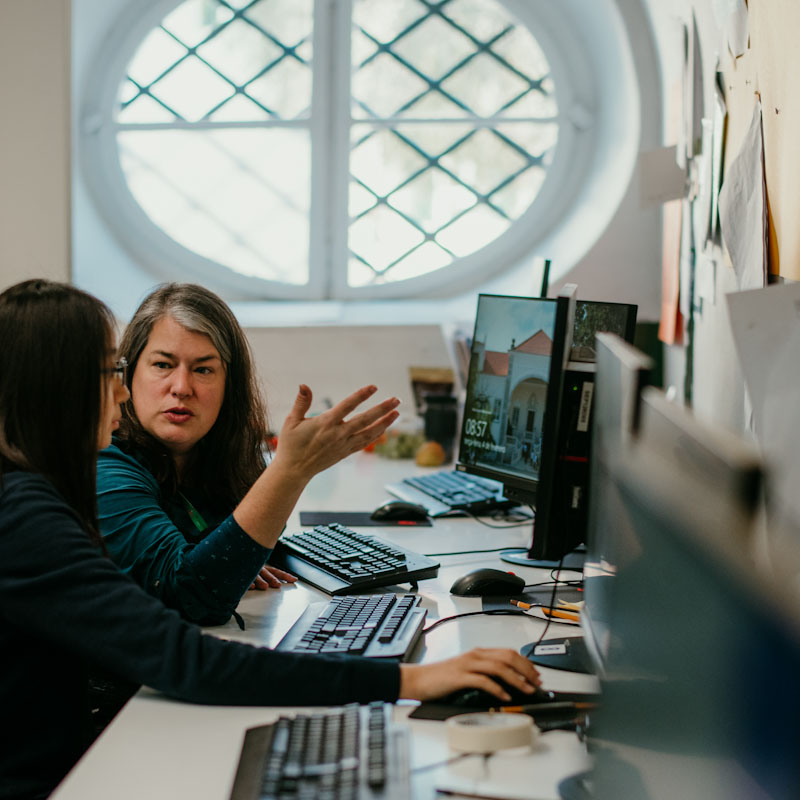Professional Learning: Learning Together to Impact Student Learning
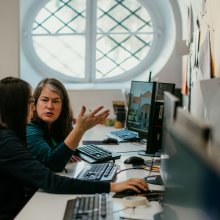
From our analysis, there is convincing evidence from metastudies that show the direct relationships between teacher learning and student learning. The UK Government's 2016 White Paper ‘Education Excellence Everywhere’ is unequivocal, “The quality of teaching is more important to pupil outcomes than anything else a school can control, so it is essential that the education system can recruit, train, develop and retain the best possible teachers”1. We also know from research that when used effectively, professional learning can be the change agent for whole school development. The key is providing the time and type of professional learning in order to impact all learners in the school.
The outdated model of attending a one-off workshop or spending the occasional day sitting in a hall receiving training has been superseded by a greater understanding of what types of adult learning really work. Professional learning activities that have the greatest impact on students' learning are found to address individual teacher needs; learning that is in-house, regular, peer to peer and within the same context. The type of learning that empowers teachers to facilitate the learning of others. For example, before COVID we had sent a group of teachers to London to a course delivered by a world expert on Assessment: In return, we asked them to lead the whole school INSET and a series of smaller twilight courses around their learning about assessment.
We also understand that professional learning is not just about teaching but about teachers’ roles and that might mean pastoral, administrative, subject-based or pedagogical. Therefore we have sought to provide learning opportunities to address areas such as leadership, mental health, pastoral care and technology-based skills.
Even with all the upheaval of COVID and remote learning, our teachers have continued to engage highly in their professional learning. In other articles on our website, some of our staff have shared their experiences of professional learning this year. Including a series of reflections from staff on their twilight Teaching Learning Courses (TLCs). These TLCs are peer-led courses that are built around the principles of practice-based learning and a plan, do, review cycle. Others have shared their experiences of their personalised learning courses. Demonstrating the broad range of learning that has taken place in this extraordinary year.
I bid my farewell inviting you to see this ScreenCast that shares these exciting developments which will contribute to enhancing student learning in St. Julian’s School.
Sarah Dore
Professional Learning Director
1 DFE (2016) Education Excellence Everywhere Published: Department for Education. Crown Copyright March 2016 Ref: Cm 9230 Available from www.gov.uk [Accessed on: 7th July 2016] Web ISBN 9781474130165
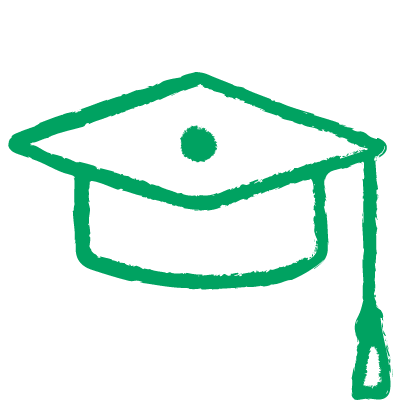

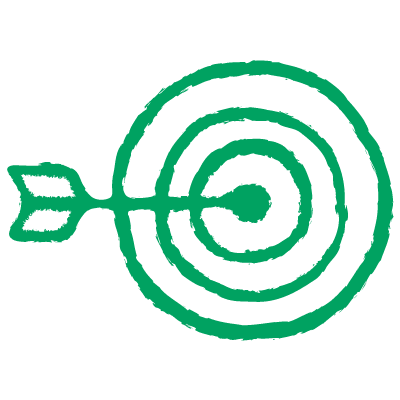
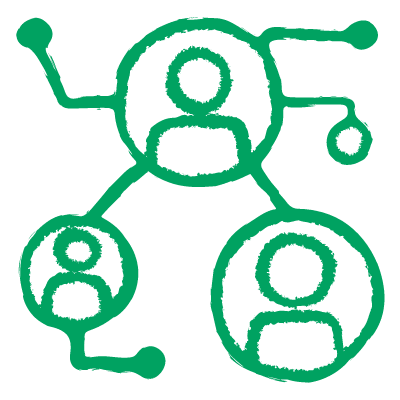
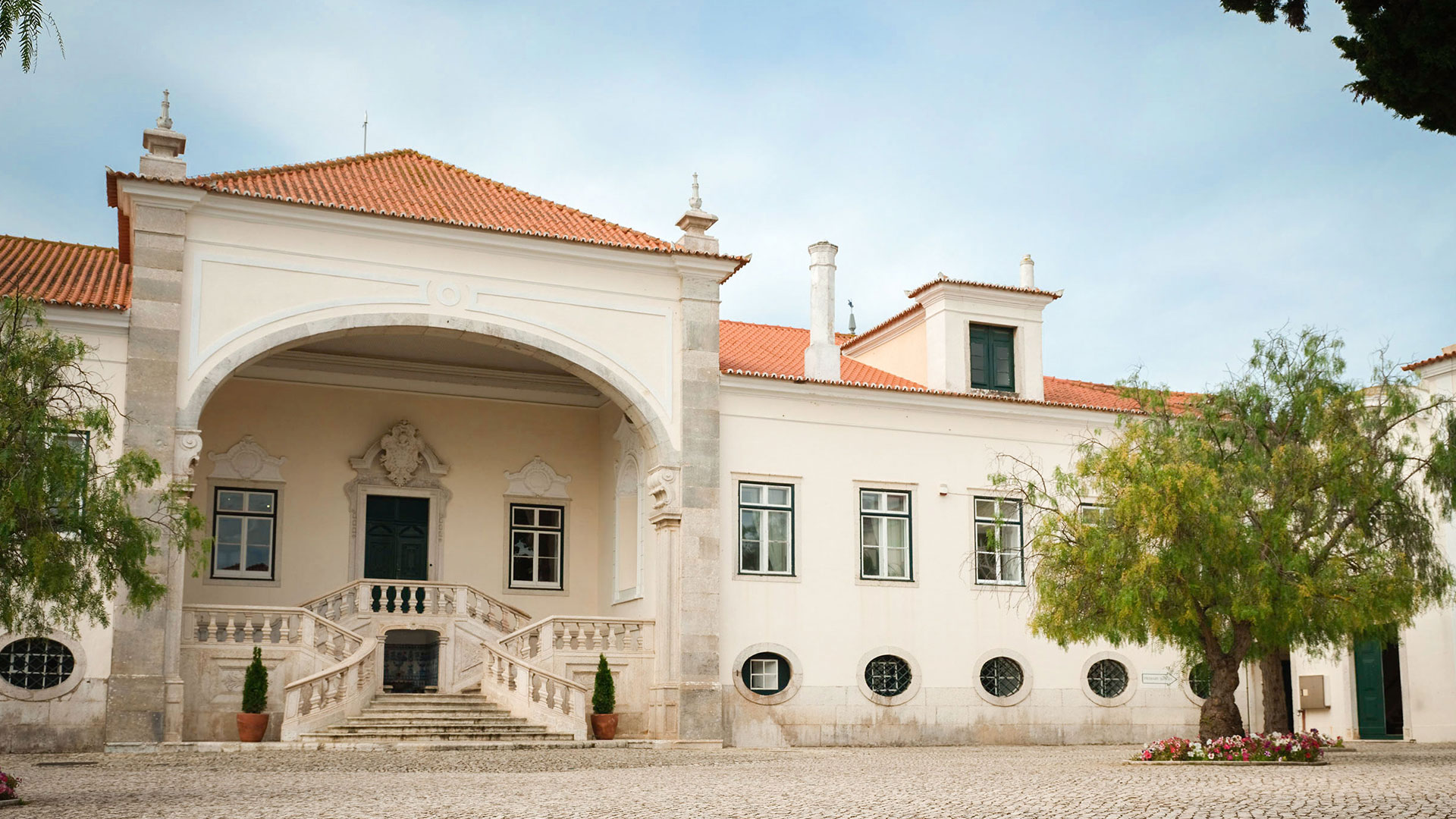













.png&command_2=resize&height_2=85)






